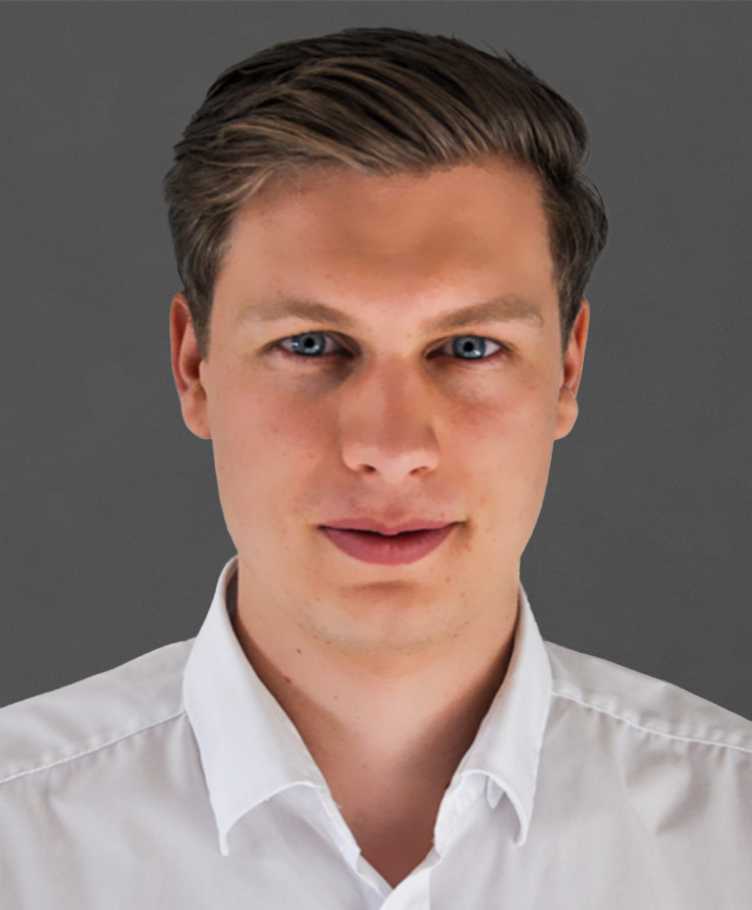Bertram Fuchs

Bertram Fuchs received his Bachelor's degree in Engineering Sciences and his Master's degree in Neuroengineering from the Technical University of Munich. During his studies, he focused on Computational Neuroscience and neuro-realistic Machine Learning. In his Bachelor's Thesis, Fuchs developed and implemented a toolbox for Automatic Smartphone-to-Vehicle Alignment, which can be used to substitute expensive vehicle sensors. Passionate about studying the brain more in-depth with analytical methods, he worked at the Max-Planck Institute for Neurobiology in Martinsried and during his Master's, at the Max-Planck Institute for Brain Research in Frankfurt. In Frankfurt, Fuchs focused on Computational Neuroscience with the aim of modelling and understanding excitatory/inhibitory balance in plastic dendritic recurrent neural networks. In 2022, Fuchs worked at Harvard Medical School and contributed to investigating BCI-based treatment of laryngeal dystonia using non-invasive neurofeedback. In addition, he developed a quantitative voice feature identification and automated voice quality assessment tool for neurodegenerative diseases, with a specific focus on laryngeal dystonia.
For his Master's Thesis, Fuchs joined the SCAI lab at ETH and worked on autonomic dysregulation episode detection in the Spinal Cord Injured population with a particular focus on robust feature selection from and fusion of multi-modal wearable sensing data. For his work, Fuchs received the Zeno Karl Schindler Master's Thesis grant. After finishing his Master's in Neuroengineering, Fuchs re-joined the lab to pursue a new project to create a probabilistic graphical modelling framework for predictive digital twins. The project aims at improving long-term health monitoring of the elderly population to support clinical decision-making with causal knowledge.